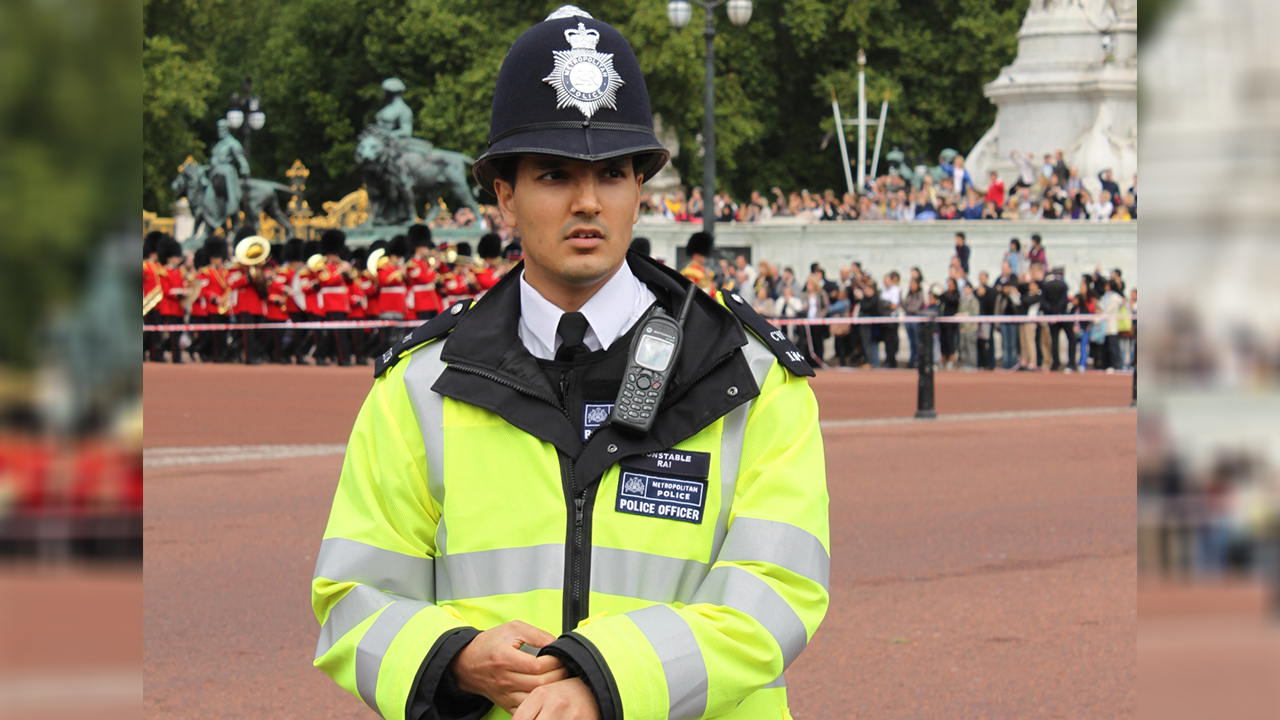Health UK (Commonwealth Union) – New research conducted by the University of Sheffield suggests that some individuals may face physical limitations preventing them from using the current evidential breath analysis machines, which law enforcement relies on to gather evidence of driving under the influence of alcohol or drugs. This study challenges the prevailing assumption that individuals who fail to provide a breath sample at a police station are deliberately obstructing justice, raising concerns about the fairness of ‘failure to provide’ charges.
According to the 1988 Road Traffic Act, individuals unable to complete a breathalyzer test at a police station automatically face charges of Failure to Provide. Such charges can carry severe consequences, including driving disqualifications, a maximum sentence of six months’ imprisonment, and unlimited fines.
An analysis of over 280,000 spirometry data entries from the UK Biobank, which measures a person’s lung capacity, revealed that a significant minority of people, particularly older individuals, women, those of shorter stature, or individuals over 40 who smoke, may genuinely be physically incapable of providing a breath sample.
The findings indicate that approximately one in 38 men and one in 26 women of shorter stature may lack the physiological capacity to provide an evidential breath sample. This problem becomes more pronounced with age, and individuals who smoke daily face twice the risk of being unable to provide a sample.
While there is natural variability in lung capacity among individuals, generally correlating with their size, women, on average, have smaller lungs than men, making a higher proportion of them unable to meet the physical requirements for breath sample provision. Additionally, the aging process affects lung elasticity, chest, and diaphragm function, further limiting some individuals’ ability to provide breath samples.
The study underscores a critical gap in research, as prior investigations validating breath sample collection involved fewer than 300 individuals. Consequently, this new research highlights the lack of comprehensive data supporting the use of evidential breath analysis machines.
The lead researcher Galen Ives, from the University of Sheffield, Information School, says “Although there are procedures currently in place to gather alternative samples in cases where someone using an evidential breath test machine fails to provide a valid sample, the current belief by the authorities is that unless they have a respiratory illness, everyone should be able to use them.
“We now know this to be false, therefore it’s vitally important that police forces are alerted to the fact that certain groups of people are more likely to be unable to use these machines, and they therefore should adopt a more equitable application of the law for individuals who aren’t obviously obstructing the course of the investigation, and take an alternative sample, such as a blood or urine test.”
At present, mounting a defense against a Failure to Provide charge necessitates presenting a documented history of a medical condition, such as asthma or chronic obstructive pulmonary disease, or a mental health condition, such as severe anxiety, as a valid explanation for the inability to complete a breath test upon request.
It’s worth noting that chronic anxiety can cause individuals to predominantly use their chest, rather than their diaphragm, for breathing. Galen, a medical authority, points out that due to the scarcity of research data in this particular domain, the existing evidence fails to elucidate how this might impact an individual’s capacity to successfully complete an evidential breath test, even if they possess the requisite respiratory capacity.
Annually, approximately 4,000 individuals in the UK receive convictions for Failure to Provide offenses. The study suggests that not adopting a more flexible approach to the law and being more accommodating in allowing suspects to provide alternative samples could potentially contribute to miscarriages of justice within the legal system.








